On March 9th, 1993, Lenny Kravitz’s third studio album was released into the world. The album Are You Gonna Go My Way reached number one in Australia and the United Kingdom, landing in the top 20 on the Billboard 200 in the United States. The album features album rock, alternative/indie rock, American trad rock, contemporary pop/rock, neo-psychedelia and rock & roll styles across eleven (11) songs.
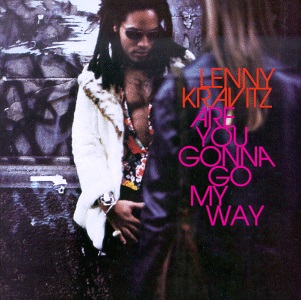
Musicians contributing to the Are You Gonna Go My Way album included Lenny Kravitz on bass, chimes, drums, acoustic guitar, electric guitar, mellotron and vocals, Allen Whear on cello, Angie Stone on vocals, Carolyn Davis Fryer on double bass, Craig Ross on acoustic guitar and electric guitar, David Domanich on drums and electric guitar, Eric Delente on violin, Frank Murphy on cello, Gerry DeVeaux on vocals, Henry Hirsch on ARP synthesizer, bass, organ, piano, strings and Wurlitzer, Liuh-Wen Ting on viola, Michael “Ibo” Cooper on clavinet and Hammond organ, Michael Hunter on flugelhorn and French horn, Robert Lawrence on violin, Sarah Adams on viola, Soye Kim on violin and Tony Breit on bass.
Are You Gonna Go My Way opens the album of the same name as a song, as pointed out here, “about Jesus Christ, whom Lenny referred to as “the ultimate rock star.” It’s about how God gives choice to man about where to turn [spiritually].” The song, not released as a Billboard Hot 100 eligible single in the United States, plays hard and fast with an energy-filled hook that invites dancing. The song charted fourth in the United Kingdom and first in Australia. Lenny Kravitz wrote the song with Craig Ross.

The rock ballad Believe, as pointed out here, “finds Kravitz singing of the power of faith. He explained on a Reddit AMA the song is, “about the power of God, self and positive thinking, which all equates to love.” As mentioned here, “This had its greatest chart success in Iceland, where it peaked at #1.” Charting at #30 in the United Kingdom and #60 in the United States, the song musically mixes a high production value of strings with a guitar sensibility that, for me, echoes the Andrew Lloyd Webber musical Jesus Christ Superstar.

Come on and Love Me seemingly raises faith in the first stanza, yet that isn’t where this percussion-heavy song finds its ultimate message of needing and seeking a human connection to romantic and intimate love. There’s clear messaging for both an emotional and physical connection. That Kravitz spends much of the song singing in a higher key than the first two songs intrigues me, with a more musically soulful influence to the feelings invoked by the song than with the first two songs on Are You Gonna Go My Way.
Heaven Help was written by Gerry DeVeaux and Terry Britten. As indicated here, the song reached #92 on the Billboard Hot 100 in the United States, #20 in the United Kingdom, and #30 each in Canada and New Zealand. Calling this ballad is musically incorrect, with the song relying on piano and guitar with harmonizing vocal that rises to a new level for this album. Musically, the song feels gentle, soulful and intimate in declaring a lyrical readiness to experience love; the listener gets to choose if the aspiration to love is romantically, spiritually or romantically and spiritually based.

Just Be a Woman opens with a plodding, almost bluesy cadence of acoustic guitar. With romantic love on his heart, the song lyrically strikes me as a direct conversation with a love interest fully open to being whatever Kravitz as a male love interest wants in a relationship. As a piece useful for the early stages of romantic love, the sentiment resonates for me at a level of innocence and beginning, before experience or baggage are parts of love.
Is There Any Love in Your Heart, as indicated here, “reached the top 50 in Australia and New Zealand and peaked at number 19 on the US Billboard Album Rock Tracks chart.” A less energetic companion to the song Are You Gonna Go My Way, Is There Any Love in Your Heart lyrically addresses an emotionally distant love interest who misses the singer’s need, shall I say request for emotional connection and consolation on a romantic level. A degree of bitterness might be at play with this song as Kravitz may have been dealing with people after a payday rather than romantic love.

Black Girl sees Lenny Kravitz declaring a specific romantic love interest by type that inspires interest. The song romanticizes specific feelings of attraction for the performer on an emotional level that feels more positively charged by a long distance than, for example, the sexually charged Brown Sugar my The Rolling Stones.
My Love lyrically and rhythmically deals with physical intimacy. The whole point is the performers desire with little ability to interpret the musicians intentions or feelings another way. If interpreting this song at an album level, the fact of Kravitz‘ intimate desires can be focused rather specifically.
In offering a retro 1970s sound, Sugar focuses the desire of physical intimacy that invokes a time and style as clearly in tune with the style and time implied by the album cover imagery for Are You Gonna Go My Way. The mastering of the production combined with the soulful sounds and horns says early 1970s as strongly as any song on this album.
The acoustic guitar introduction for Sister had me thinking of the soul song Angie by The Rolling Stones, a second song on this song making me think of that band. That sonic resemblance bears little resemblance for whose hearts are at stake, with Kravitz focusing on the romantic hearts of (black) women. I hear a hopefulness for change in the patterns of romantic attraction in play, almost a prayer for the souls of women heading in a direction that still can change for a more soul-centered path.
The song Eleutheria takes clear inspiration musically and lyrically from the island Eleutheria in The Bahamas. Lenny Kravitz had a home and a recording studio on the island, with the rhythm and sensibilities uplifted, shining like the sun, perfect. That these feelings seem independent of a religious or a romantic relationship feels instructive in that Kravitz found well-being based in community and doing what brings happiness to his soul.
Matt – Saturday, March 9, 2024












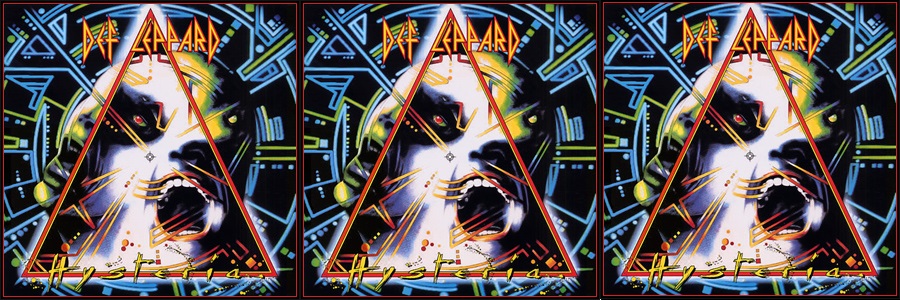
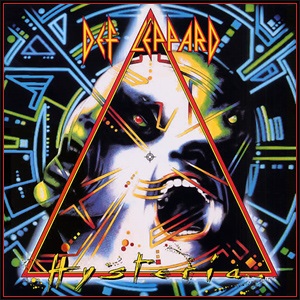
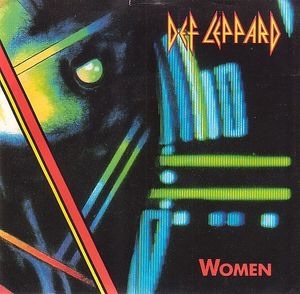



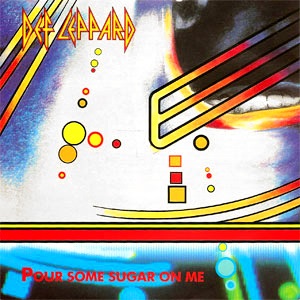


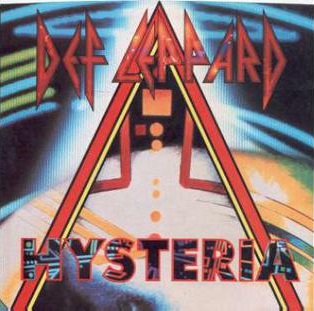

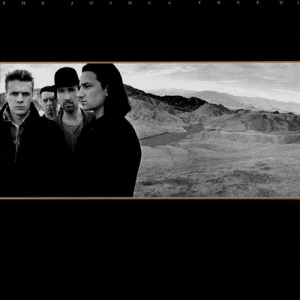 (The 1987 cover of The Joshua Tree album by the band U2).
(The 1987 cover of The Joshua Tree album by the band U2).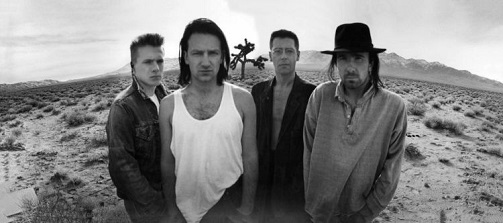 (From left, Larry McMullen Jr., Bono, Adam Clayton and The Edge of the band U2 in an image for The Joshua Tree).
(From left, Larry McMullen Jr., Bono, Adam Clayton and The Edge of the band U2 in an image for The Joshua Tree). (From left, Adam Clayton, Larry McMullen Jr., Bono and The Edge of the band U2 in an image for The Joshua Tree).
(From left, Adam Clayton, Larry McMullen Jr., Bono and The Edge of the band U2 in an image for The Joshua Tree).
 (From left, Bryan Cranston as Jack O’Donnell and Ben Affleck as Tony Mendez in Argo).
(From left, Bryan Cranston as Jack O’Donnell and Ben Affleck as Tony Mendez in Argo). (From left, John Goodman as John Chambers and Alan Arkin as Lester Siegel in Argo).
(From left, John Goodman as John Chambers and Alan Arkin as Lester Siegel in Argo). (From left, Kerry Bishé as Kathy Stafford, Scoot McNairy as Joe Stafford, Christopher Denham as Mark Lijek, Tate Donovan as Bob Anders, Rory Cochrane as Lee Schatz, and Clea DuVall as Cora Lijek in Argo).
(From left, Kerry Bishé as Kathy Stafford, Scoot McNairy as Joe Stafford, Christopher Denham as Mark Lijek, Tate Donovan as Bob Anders, Rory Cochrane as Lee Schatz, and Clea DuVall as Cora Lijek in Argo). (From left, Victor Garber as Ken Taylor and Ben Affleck as Tony Mendez in Argo).
(From left, Victor Garber as Ken Taylor and Ben Affleck as Tony Mendez in Argo).